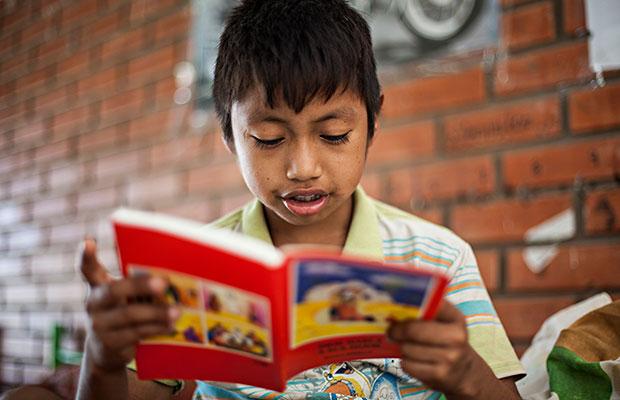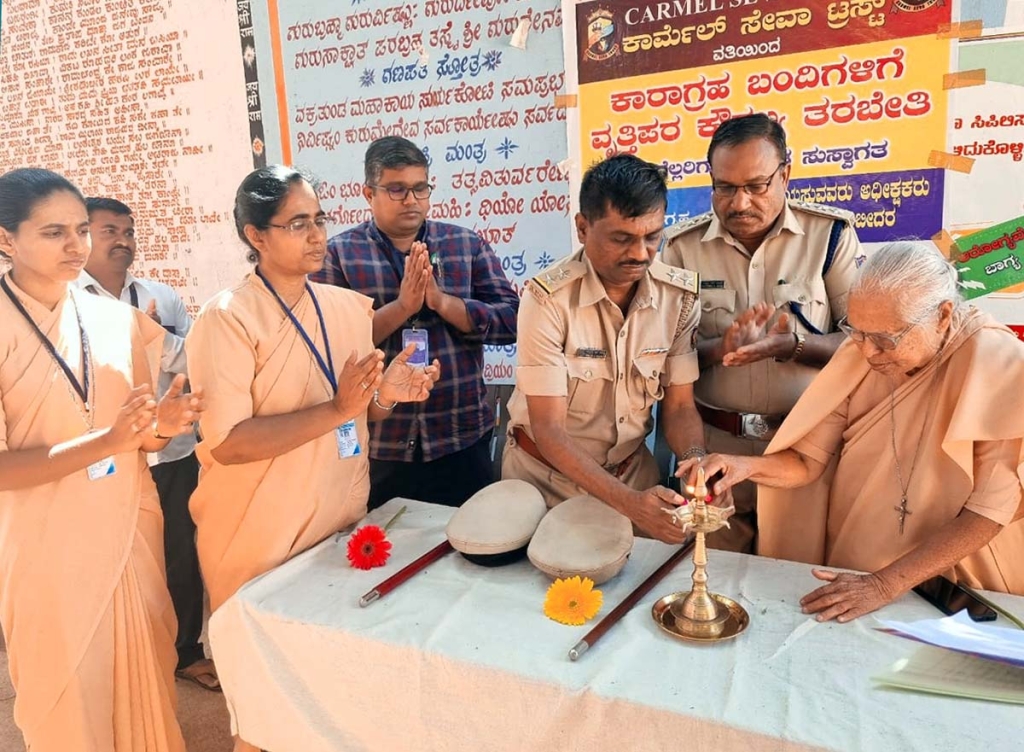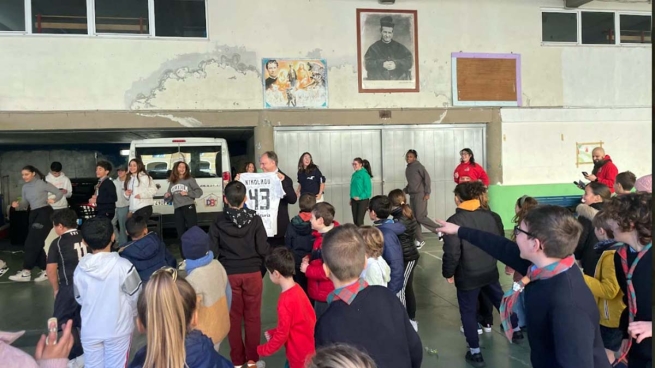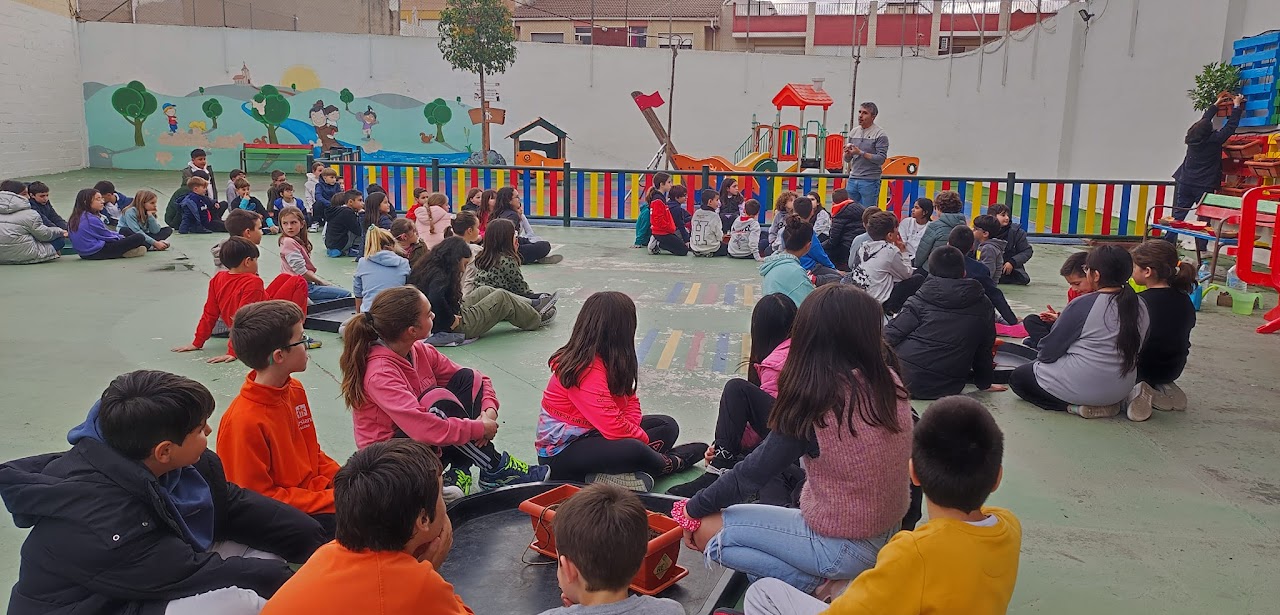BOLIVIA: Don Bosco Project Reaches More Than 700 Homeless and At-Risk Youth Each Year

(MissionNewswire) Through outreach, tutoring, technical training and school programs, Salesian missionaries in Bolivia have been working to support many homeless and poor youth throughout the country. Each year, the Don Bosco Project in Santa Cruz helps more than 700 youth, most of them homeless with nowhere else to turn. The goal of the Don Bosco Project is to provide comprehensive rehabilitation and vocational training programs that bring social inclusion and meaningful employment to their students.
Extending beyond emergency shelter, clothing and nutritious meals, the project brings together psychologists, social workers, healthcare staff and teachers who work together to address the needs of youth who access the program.
“This work is more important now than ever,” says Father Mark Hyde, executive director of Salesian Missions, the U.S. development arm of the Salesians of Don Bosco. “The number of children living on the streets of Bolivia has reached crisis levels. Without our help, poor youth fall through the cracks of a society bent on pushing them aside and the cycle of poverty and hopelessness continues.”
There are a variety of ways to access services at the Don Bosco Project. A free overnight shelter brings youth in off the streets and connects them with adults who show genuine concern and offer support. The shelter provides a safe environment, nutritious meals and a support network that can be life changing.
“There is a reason why youth come to the shelter and the reasons are usually terrible,” says Lenny Perez, coordinator of Mano Amiga (Helping Hand), one of several youth shelters comprising the Don Bosco Project. She recalls the story of 10-year-old Hector, who arrived at Mano Amiga five years ago with no apparent relatives or record of his past. With no family or home of his own, he had wandered in and out of shelters his entire life, unwilling or unable to even speak.
“We did not know what he had suffered in his short years, just that it was too much,” adds Perez.
A daytime program known as Patio Don Bosco is also available for those youth ready to escape their current situation and explore new opportunities. Salesian staff offers tutoring to help youth catch up on basic studies and return to school as well as information on specific trades. In addition, there are opportunities for participation in sports and other constructive group activities.
For young people age 15 and older who have demonstrated a commitment to leaving the streets behind, there is the opportunity to study at the Michael Magone House. Here, youth learn trades such as carpentry, auto mechanics and hair dressing that lead to stable employment and provide the opportunity to escape poverty and give back to the students’ communities.
“We will be seeing Hector in one of these programs soon,” explains Perez, who is happy to report that Hector is thriving in his basic studies, especially reading. “We are his family now, and we will make sure he succeeds.”
Bolivia is the poorest country in South America and also has the most unequal income distribution on the continent. According to UNICEF, 60 percent of Bolivians live below the poverty line with 40 percent of those living in extreme poverty. The poverty rate is higher in rural areas where the rate increases to 75 percent of the population. It is common for Bolivians to struggle to find adequate nutrition, shelter and other basic necessities.
The geography of Bolivia contributes to the overwhelming poverty of its residents. Large swaths of the country remain undeveloped with a lack of roads and infrastructure in place, negatively impacting the indigenous farming populations who typically live there. Only half of rural children complete primary school and many others leave school to help support their families, according to UNICEF. There are others who are left homeless by parents who cannot afford to care for them and those who leave their homes to escape violence.
###
Sources:
Salesian Missions – Brighter Futures for Homeless Youth in Bolivia
UNICEF – Bolivia




